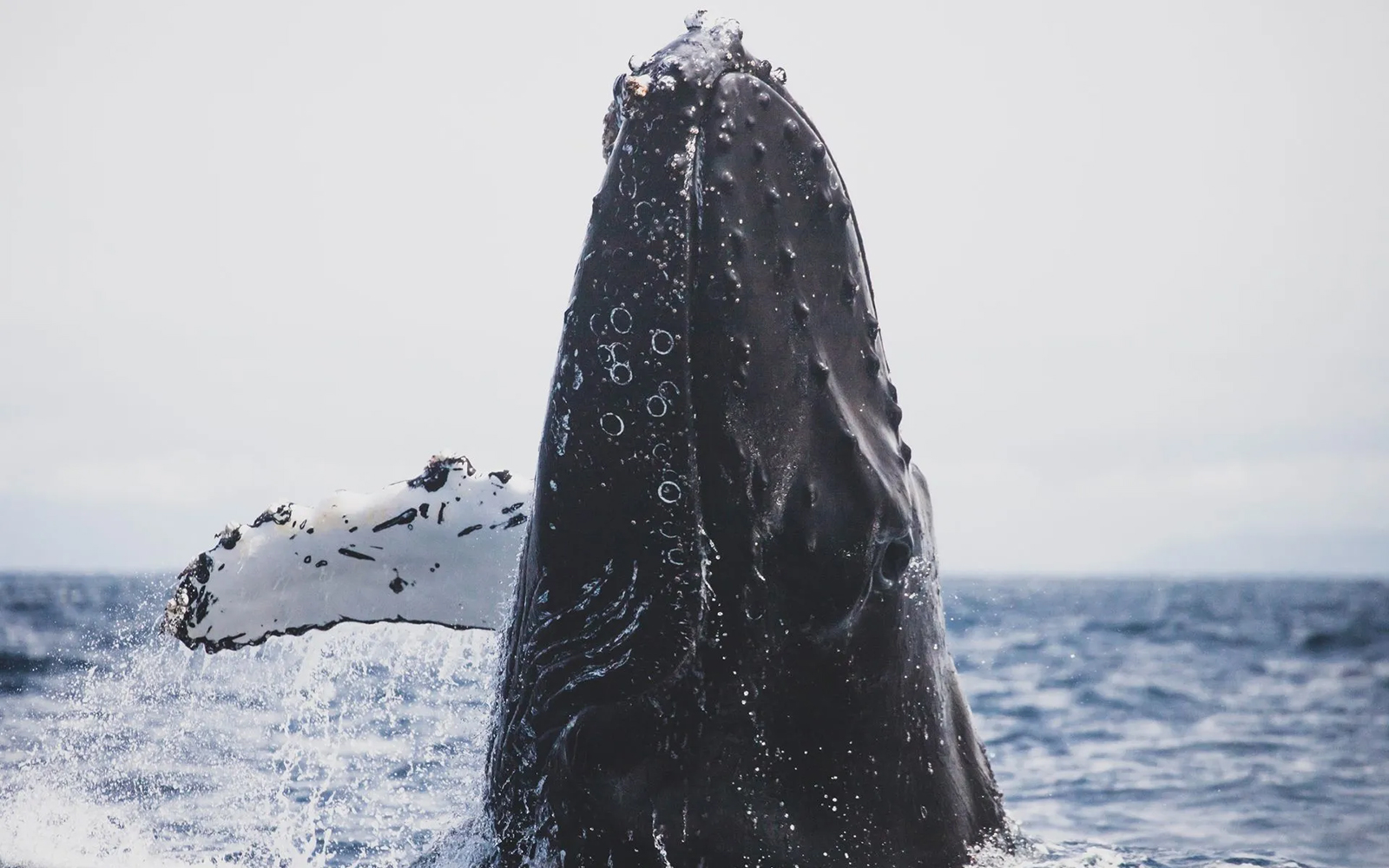A recent study conducted by Stanford University has revealed that whales eat up to 10 million microplastic pieces per day!

Whales Under Attack: The Alarming Invasion of Plastic in Our Oceans
A recent study conducted by scientists at Stanford University has brought to light the alarming fact that whales are consuming far more microplastics than previously estimated. The research was focused on blue, fin, and humpback whales, and their consumption of plastic fragments that are no larger than a few grains of sand. According to the study, some whales were found to be ingesting up to 10 million pieces of plastic per day.
The study revealed that whales predominantly feed at a depth of 50 to 250 meters below the surface, which coincides with the highest concentration of microplastics in the open ocean. This discovery suggests that whales may not be getting the nutrition they need to thrive due to their consumption of microplastics. The microplastics that whales consume are predominantly derived from their prey, rather than from the seawater that they ingest when lunging to capture krill and small fish.
The study’s lead author, Shirel Kahane-Rapport, noted that further research is required to understand the impact of microplastics on krill and small fish, and whether these organisms grow less oil-rich or become less meaty or fatty when they consume microplastics. This research would give scientists a better understanding of how microplastics affect the entire marine food chain.
The findings of the study underscore the need for urgent action to address the issue of plastic pollution in the oceans. The devastating impact of plastic pollution on marine life is a global concern that requires immediate attention. The issue of plastic pollution requires a coordinated effort from all stakeholders, including governments, industries, and individuals, to reduce plastic waste and prevent it from entering the oceans.
Overall, the study highlights the urgent need for more research into the effects of microplastics on the marine ecosystem and the importance of taking concrete steps to reduce plastic pollution in our oceans.
Follow the link to read the full article:
https://news.stanford.edu/2022/11/01/whales-eat-colossal-amounts-microplastics/